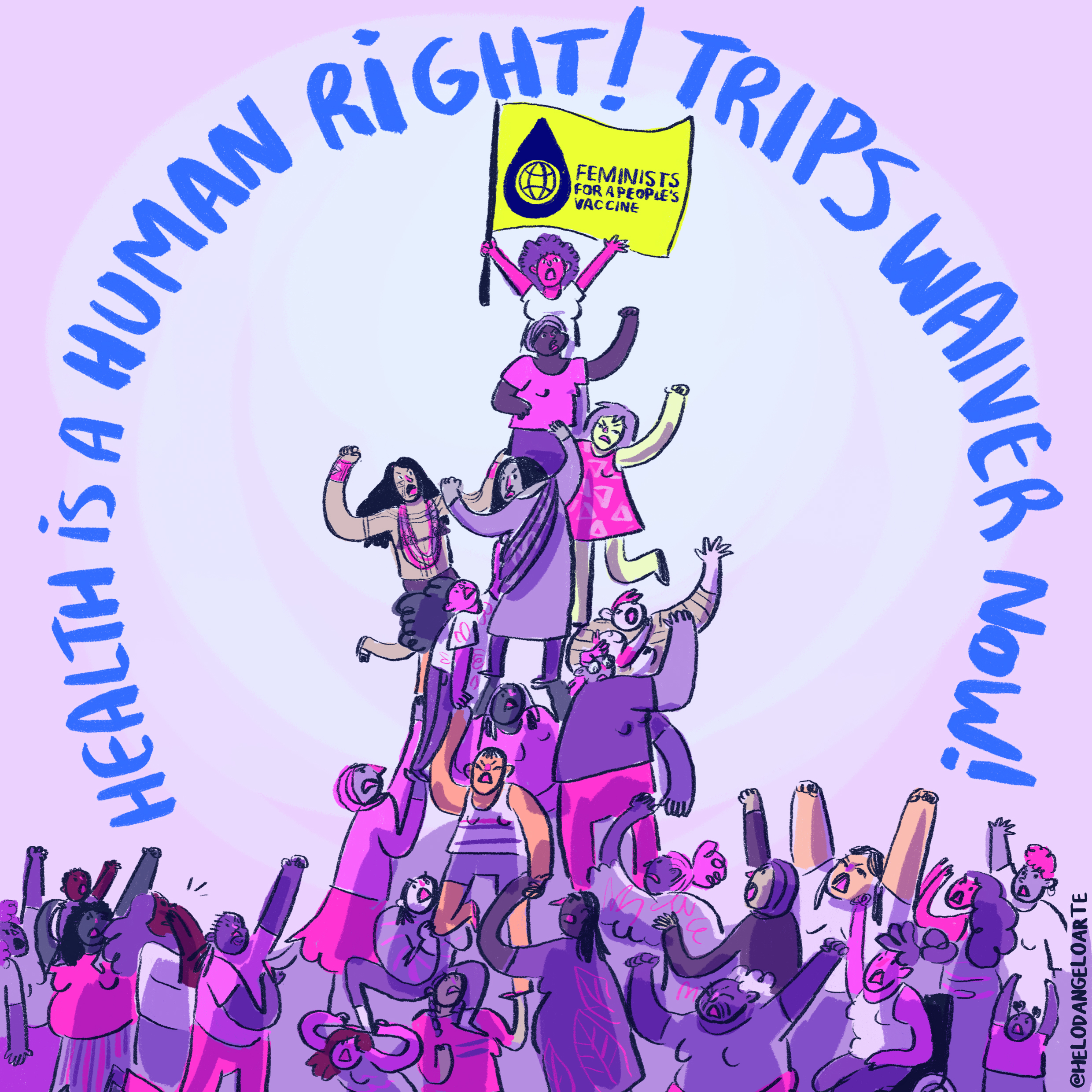Seventy-three years ago, on 10 December 1948, the Universal Declaration of Human Rights was adopted by the General Assembly of the United Nations.
However, the history of #HumanRights is marred by conventions that erase the experiences of particular groups of people, especially those with social difference markers such as sex/gender, race, caste, disability and migratory status.
It was the struggle of feminists and more specifically, feminists from the global South that challenged the idea of universality to welcome difference and identity in the human rights language, introducing concepts of equity, non-discrimination, autonomy, and choice.
North and South tensions are still alive today and the vaccine equity debate is a battleground where this is quite visible. Developing nations have been the champions of equitable access to vaccines. These states have been stressing how the rights to science, health, and even LIFE itself, are being violated by developed countries (and Big Pharma) as they deliberately block the temporary suspension of intellectual property rights on vaccines and medicines for Covid-19. Meanwhile, thousands of people lose their lives daily to a preventable, curable disease so a handful of companies from a handful of super rich nations can make astronomical profits from a global health crisis that’s been aptly called by the Director General of the WHO “a crisis of international solidarity”.
Over the next few days, the #Fem4PeoplesVaccine campaign will explore how vaccine equity is and should be framed as a human right.
#HumanRights #VaccineEquity #UDHR #HumanRightsDay #Fem4PeoplesVaccineQ

